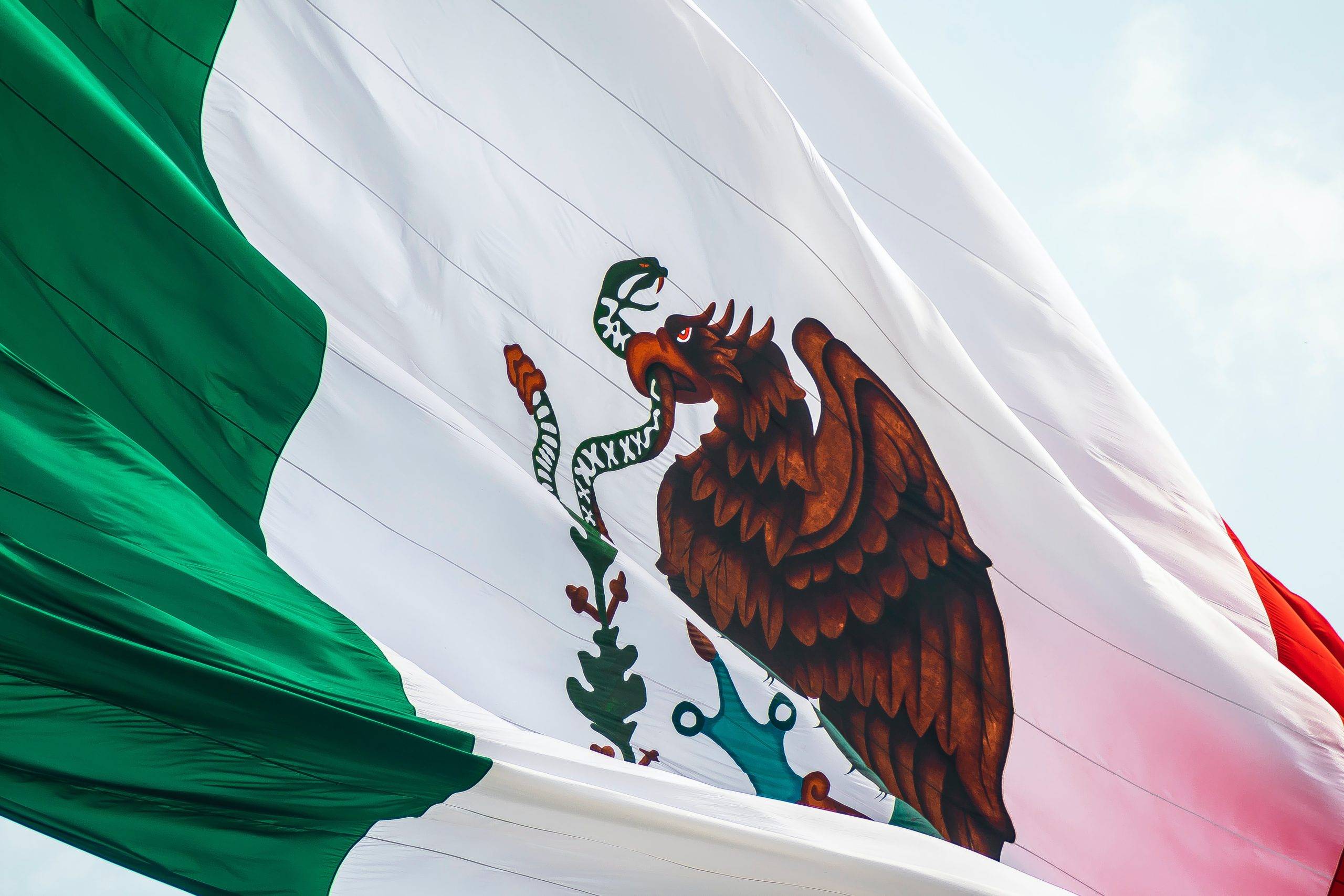
Mexico Decriminalizes Abortion Admidst Texas Doubling Down
Mexico made history on Wednesday, September 6, 2023, by decriminalizing abortion, capturing global attention. This monumental step forward in the worldwide dialogue on reproductive rights occurred as Texas implemented restrictive abortion laws, creating a captivating context. In this article, we will explore Mexico’s decision to decriminalize abortion in 2023, shedding light on the influence of Texas’ restrictive measures.
The Texas Connection: Abortion Controversy and Restrictions
The abortion debate in Texas has reached a boiling point in recent years. The state enacted strict regulations on abortion access, including Senate Bill 8 (S.B. 8), which took effect in September 2021. Commonly known as the “Heartbeat Bill,” S.B. 8 prohibited abortions as early as six weeks into pregnancy, when many individuals may not yet realize they are pregnant. Additionally, the law permits private citizens to file legal actions against anyone involved in “aiding or abetting” an abortion after the six-week mark. This created a chilling effect on healthcare providers and those seeking abortions.
The enforcement mechanism of S.B. 8 sparked controversy. Instead of relying on state officials, it empowered private citizens to take legal action against abortion providers and supporters, even those who provided transportation or financial assistance. This approach made it difficult to challenge the law in court effectively.
The Emergence of “Texas Abortion Trafficking”
In response to these restrictive laws, a phenomenon known as “Texas Abortion Trafficking” emerged. This practice involved individuals from Texas traveling to neighboring states or even countries, such as Mexico, to access abortions beyond the six-week threshold. The situation shed light on the severe consequences of restrictive abortion policies, as it compelled individuals to navigate complex logistical and financial barriers to obtain reproductive healthcare.
Mexico’s Decision to Decriminalize Abortion
Mexico’s choice to decriminalize abortion in 2023 was partly influenced by the increasing number of Texans seeking abortions across the border. Mexico had long grappled with varying abortion laws across its states, some allowing early-term abortions while others imposing strict restrictions. However, a turning point occurred in 2021 with a landmark ruling by Mexico’s Supreme Court, declaring the criminalization of abortion as unconstitutional.
This ruling represented a significant departure from Mexico’s traditionally conservative stance on abortion and set the stage for the nationwide decriminalization of abortion in 2023. This decision was celebrated as a triumph for women’s rights and reproductive autonomy, aligning Mexico with the global trend of recognizing women’s right to choose.
Concluding Current Events in Mexico’s Abortion Landscape
Mexico’s groundbreaking choice to decriminalize abortion in 2023 came at a crucial moment in the ongoing battle for reproductive rights, as Texas’ restrictive measures compelled individuals to seek abortion services abroad. This historic decision underscored Mexico’s commitment to respecting women’s autonomy and ensuring access to safe and legal reproductive healthcare. It also emphasized the interconnectedness of reproductive rights across borders, as the actions of one jurisdiction can have significant implications for its neighbors. Mexico’s stance on decriminalizing abortion serves as a beacon of hope for reproductive justice advocates worldwide while reminding us of the continuous struggle to protect women’s rights and bodily autonomy.
